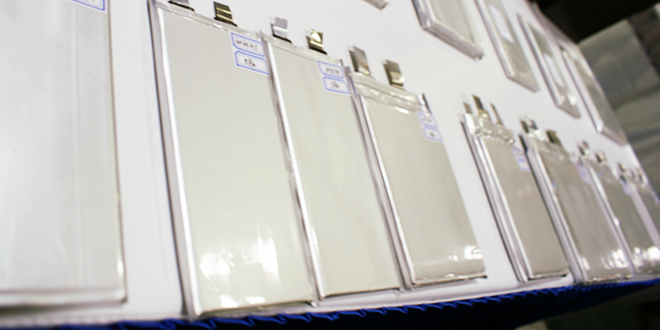Those doggone dendrites are a bane of battery builders. These pesky fern-like growths can form on the surfaces of anodes during cycling, reducing battery life or even causing a catastrophic short circuit – this is how the battery fires on the Boeing 787 are thought to have started.
A team of researchers from the University of Michigan has developed a new type of separator made with nanofibers extracted from Kevlar, the tough material in bulletproof vests, that can stop dendrites in their tracks. The team has formed a company called Elegus Technologies, which hopes to bring the new material into production in late 2016.
“Unlike other ultra-strong materials such as carbon nanotubes, Kevlar is an insulator,†said Professor Nicholas Kotov. “This property is perfect for separators that need to prevent shorting between two electrodes.â€
In a paper, “A dendrite-suppressing solid ion conductor from aramid nanofibers,†published in Nature Communications, the team explains that the porosity of the ion-conducting membrane is smaller than the growth area of the dendrites; the aramid nanofibers thus eliminate weak links where dendrites can pierce a membrane.
“The fern shape is particularly difficult to stop because of its nanoscale tip,†said graduate student and Elegus Chief Technology Officer Siu On Tung. “It was very important that the fibers formed smaller pores than the tip size.â€
While the pores in most other membranes measure a few hundred nanometers, the pores in UM’s membrane are only 15-to-20 nanometers across – large enough to let individual lithium ions pass, but small enough to block the 20-to-50-nanometer tips of the fern-like dendrites.
The researchers made the membrane by layering the fibers on top of each other in thin sheets. This method keeps the chain-like molecules in the plastic stretched out, which is important for good lithium-ion conductivity between the electrodes, Tung said.
“The special feature of this material is we can make it very thin, so we can get more energy into the same battery cell size, or we can shrink the cell size,†said Elegus co-founder Dan VanderLey. “We’ve seen a lot of interest from people looking to make thinner products.â€
According to Elegus, thirty companies have requested samples of the material.
Source: ChargedEVs



